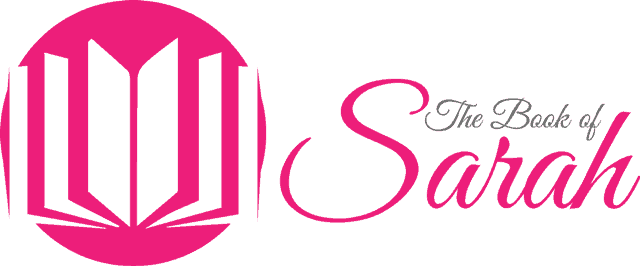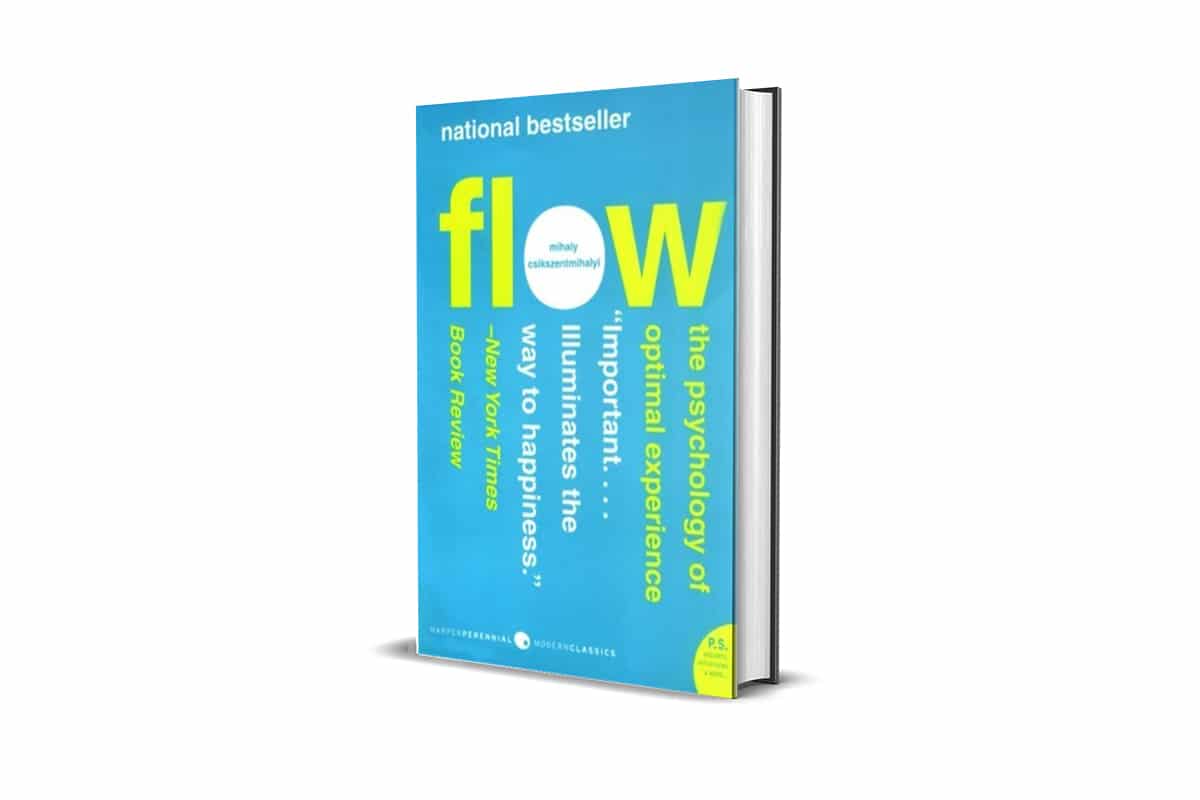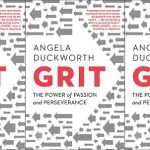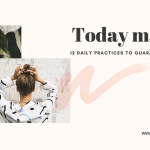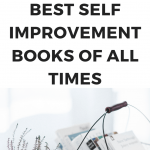Flow: The psychology of optimal experience by Milahy Csikzentmihalyi Summary
I like writing about flow because it is one of the essential components of optimal productivity. Do you ever get yourself so absorbed in a task and hours just fly by? Well, that is flow, and don’t I love it when it happens? I can get so much done and it may be a while before I get such an experience again.
Introducing flow
Milahy Csikzentmihalyi introduced the term flow and followed it up with the book Flow: the psychology of optimal experience. In this book, the author interviewed highly effective and productive people that seemed to be getting a lot out of life. He looked not only at effective people at work but also those that were excellent in leisure activities such as sports and music.
The author’s findings showed that all kinds of professionals, from surgeons to violin players, experienced a certain sensation when they were performing optimally. If a musician was playing an instrument, at some point, they were not deliberately trying to play right. At some point, the music just flowed as if the player was not in control. He termed this as a state of flow.
A state of flow is whereby one engages in an activity that they enjoy and challenge their skill at the same time. When someone is so absorbed in a task, they are so focused that they experience a sense of serenity, timelessness, and an inner feeling of clarity.
This feeling is called flow, whereby at this time, you are not aware of yourself or what is happening around you, things are just flowing in place.
Think about it; when you are a new driver or driving in a new area, you are aware of your surroundings, the car, other cars, and such. However, the better driver you become, and when driving in your usual route, sometimes you just find yourself at home, with not much memory of how you got there. You sank into this task that you perform every day and become so good at it that you didn’t realize you were doing it. Flow is something similar to that.
Flow is a concentration that leads to a feeling of spontaneity. When you perform a high level of challenge yet it feels effortless such that you are not thinking about what you are doing, you are in a state of flow.
How to achieve the state of flow
According to this book, flow is the delicate balance between anxiety and boredom. For you to achieve the state of flow, you must be a bit anxious about what you are doing because it is challenging enough, but at the same time, you are familiar and good enough at the task that it can bore you.
When a task is complex, it makes you anxious and when it is too easy, you get bored. For you to achieve the state of flow, the task needs to be challenging enough, but our skills are good enough and sufficient to handle the task.
Here is how you can enter the state of flow and become productive and effective in what you do
Challenge yourself
Don’t just undertake tasks that you are good at, but take up tasks that demand and call for your concentration. Too easy tasks will bore you, and you are likely to be distracted when bored since what you are doing is too easy to demand your attention and concentration.
Regulate your emotions
When you take charge of your emotions, take them up and channel them towards productivity, you can achieve a state of flow. When you are feeling anxious about the task waiting for you, learn emotional regulation and channel that anxiety towards productivity.
You can learn emotional regulation from Daniel Goleman’s Emotional intelligence. There are a lot of artists that have channeled their sadness, heartbreaks (Hello Adele, Sam Smith, and Beyoncé) into making some of the best albums out there.
Get out of your comfort zone
Challenge yourself to do something different and out of the ordinary. When you go to unfamiliar territories, the task will demand your concentration and you will be a bit anxious. This is how you achieve the state of flow because you are not bored from too much familiarity and you can focus on the task as it demands your attention.
Get rid of distractions
To achieve full concentration, one of the elements necessary to achieve the state of flow, learn how to get rid of distractions. Focus takes discipline and focus is achieved in the event of minimal distractions.
Cal Newport shows us how we can minimize distractions at work in his awesome book Deep Work. When you are constantly distracted by noise, social media, phone ringing, your train of thoughts is interrupted and so is your concentrate and it would be impossible to achieve the state of flow.
Practice and harness your skills
Remember, the state of flow is achieved in the delicate place between anxiety and boredom. When you are good at what you do, you are more likely to achieve a state of low. When you harness your skills, therefore, you are more likely to perform it effortlessly and achieve the state of flow.
Harness your skills by practicing more such that your brain will require less effort to get the task done. There is one great book I recommend which shows why practice does indeed make us better: Peak: The new science of expertise.
Enjoy what you do such that it gives you purpose
To achieve the state of flow, you must enjoy what you are doing well enough for you to work on it constantly and hone your skill. Further, to achieve flow in what you do, it is important that you like it and derives satisfaction from what you are doing.
According to Csikszentmihalyi, the characteristics of flow are;
Focus: when experiencing the state of flow, you focus so much on what you are doing. All your energy, effort, and senses
Serenity: For the state of flow to take place, we need to be calm, peaceful and our brain cool. Flow happens when we are not thinking or troubled and all our focus is on what we are doing. The serenity aids the self-forgetfulness that leads to flow.
Timelessness: When in a state of flow, you lose the essence of time because you are so engrossed in what you are doing. Try to remember when doing something you enjoy, you hardly notice the hours passing by. In a state of flow, you get so engrossed that you don’t notice the time move.
Clarity: Flow takes place when the activity you are engrossed in is so clear to you that you are not struggling. You cannot achieve the state of flow when learning a new note in a musical instrument or learning how to swim, or writing in an area you are not familiar with.
This is one of the best psychology and productivity books. To become an expert in your field and improve your productivity, you need to enter the state of flow often where you perform optimally in what you do.
